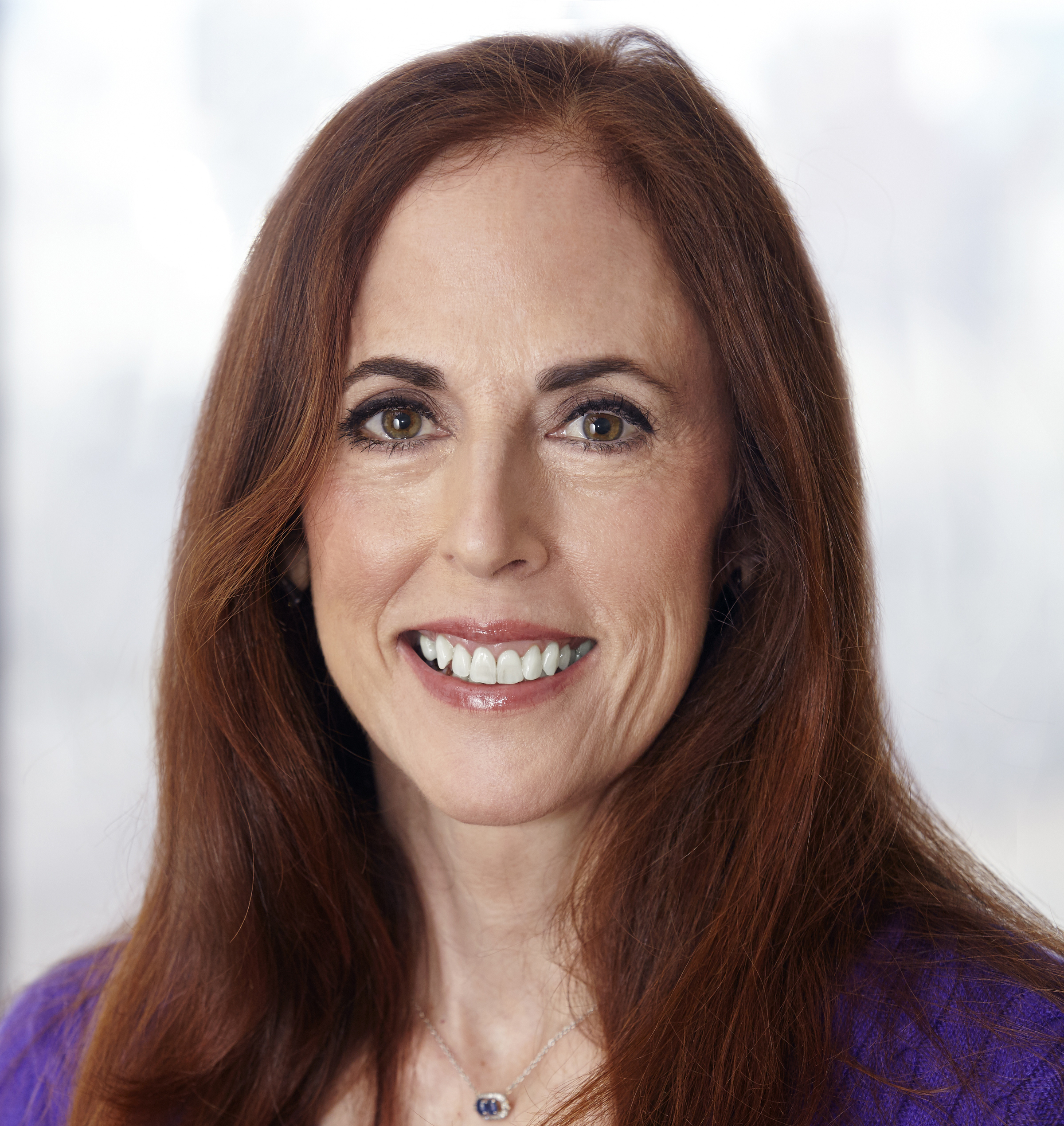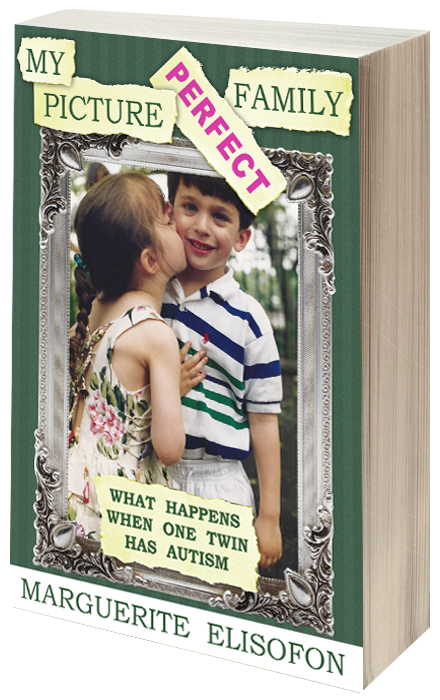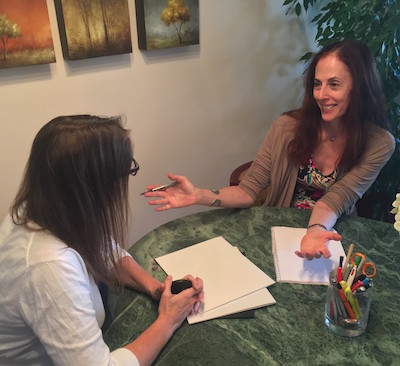 For years I’ve been described as a “pioneer” mom because I raised a daughter with autism, now 27, before the Internet, before Autism Speaks, before ABA was endorsed as the most effective therapy and before support groups existed. Life could be so much worse. If I had given birth 10 years earlier, I might have been called a “refrigerator mom” and blamed for Samantha’s diagnosis. Even if my daughter had been born only a few years earlier, there would have been no appropriate college opportunities, not even the possibility of attaining an education that most millennials and their parents take for granted.
For years I’ve been described as a “pioneer” mom because I raised a daughter with autism, now 27, before the Internet, before Autism Speaks, before ABA was endorsed as the most effective therapy and before support groups existed. Life could be so much worse. If I had given birth 10 years earlier, I might have been called a “refrigerator mom” and blamed for Samantha’s diagnosis. Even if my daughter had been born only a few years earlier, there would have been no appropriate college opportunities, not even the possibility of attaining an education that most millennials and their parents take for granted.
I know I should be grateful, because my daughter on the spectrum succeeded in graduating cum laude from Pace University, thanks to the OASIS program which provides critical academicand social support. Still, Samantha “fell off the cliff” like 98% of young adults with autism (with or without a college degree), and she has been mostly unemployed since her 2014 graduation. As most of my readers know, Samantha was blessed with some incredible luck –a winning combination with her talent and hard work—when she was cast in the short and feature-length versions of Keep the Change. The feature length version won the 2017 Tribeca Film Festival and earned my daughter a Best Actress Nomination. The film also received rave reviews in every newspaper, including the The New York Times, which called it “a landmark motion picture.” After a successful national release, and sale of the film rights to Israel, KTC comes out on Blu-Ray, Amazon and iTunes on-demand this week. Available for purchase or rent on Amazon: https://www.amazon.com/Keep-Ch
Available for purchase on Apple: https://itunes.apple.com/us/

Sounds like a fairy-tale, right? Except there’s no happy ending (at least not yet). Despite her stellar film debut, Samantha has had only a few auditions in the past year. Sadly, even those few film and TV opportunities were for teenage autism stereotypes. (Sigh!) And that’s with an LA agent and full-time devoted momager who managed to arrange for Samantha to appear at the United Nations World Autism Awareness Day to talk about empowering women and girls on the spectrum.
My latest gambit was to see whether Samantha qualified to join SAG-AFTRA. The short answer is no. After contacting five or six people who work on the union’s diversity committee, I learned that Keep the Change was classified as “ultra-low budget,” making my daughter ineligible. Adam Moore, SAG-AFTRA’s National Director of EEO & Diversity, explained that this classification helps screenwriters and directors to cast SAG AFTRA members and pay them far below union rates. I was supposed to be comforted with the idea that if Keep the Change didn’t receive the “ultra-low budget” status, it probably wouldn’t have been made at all! Why couldn’t the union’s helping hand be extended to actors who debut in award-winning films? Or being even more selective, why isn’t the union helping actors with disabilities who land these one-in-a-million roles?
Moore told me that the union members with disabilities are specifically opposed to special accommodations for admitting actors with disabilities. They want everyone to be treated equally! That sounds to me like the entertainment industry’s version of xenophobia. Let’s NOT make it easier for the next generation of immigrants and asylum-seekers (substitute actors and entertainment professionals with disabilities) to gain entry to the land of opportunity. Sadly, this selfish and mean-spirited approach to maintaining Byzantine rules is not limited to neurotypical people.

In the end, it seems Samantha must also be a pioneer in her profession. Moore assured me that her work would probably open the door for others. (Sorry, if I’m not feeling patient). While I’m extremely proud of Samantha, I would like to see her efforts and talent pay off for HER. One pioneer in my family is more than enough.
Directors and producers must STILL become convinced that casting actors with autism will be better and more profitable than choosing a neurotypical celebrity with a “bankable” name. More QUALITY scripts with opportunities for actors with autism MUST be written in order for the droves of talented people on the spectrum to have a fighting chance.
 One beacon of hope is EPIC Players. Our neurodiverse theater company is offering acting and singing opportunities to performers with and without disabilities for the entertainment and enrichment of both cast members and audiences. In two short years, EPIC (Empower, Perform, Include and Create) has offered free training and classes to talented actors and paid them for their performances. EPIC’s off-Broadway production of The Tempest was sold out for almost every performance. And if Samantha and other actors can eventually gain access to Actor’s Equity, SAG may take another look. Some of EPIC’s cast members have written scripts appropriate for actors with disabilities.
One beacon of hope is EPIC Players. Our neurodiverse theater company is offering acting and singing opportunities to performers with and without disabilities for the entertainment and enrichment of both cast members and audiences. In two short years, EPIC (Empower, Perform, Include and Create) has offered free training and classes to talented actors and paid them for their performances. EPIC’s off-Broadway production of The Tempest was sold out for almost every performance. And if Samantha and other actors can eventually gain access to Actor’s Equity, SAG may take another look. Some of EPIC’s cast members have written scripts appropriate for actors with disabilities.
Diversity committees, conferences and panels are slow, baby steps forward but not enough. Time for all of the socially conscious bards out there to get to work.





 Marguerite Elisofon is a New York City writer and the author of My Picture Perfect Family, a memoir about how her family navigated life with a child on the autistic spectrum before the internet and support groups existed. She also blogs about parenting young adults and disability related issues in The Never Empty Nest. Her writing has been featured in a variety of publications, including Time and NY Metro Parents magazine, and her family’s story has been featured by the NY Post, Fox News, The Daily Mail, and on Jenny McCarthy’s Dirty Sexy Funny radio show. A Vassar graduate, Marguerite was born and raised in New York City, where she still lives with her husband, Howard, in their mostly-empty nest. She is available to speak about a wide variety of issues relating to twins, parenting, and autism.
Marguerite Elisofon is a New York City writer and the author of My Picture Perfect Family, a memoir about how her family navigated life with a child on the autistic spectrum before the internet and support groups existed. She also blogs about parenting young adults and disability related issues in The Never Empty Nest. Her writing has been featured in a variety of publications, including Time and NY Metro Parents magazine, and her family’s story has been featured by the NY Post, Fox News, The Daily Mail, and on Jenny McCarthy’s Dirty Sexy Funny radio show. A Vassar graduate, Marguerite was born and raised in New York City, where she still lives with her husband, Howard, in their mostly-empty nest. She is available to speak about a wide variety of issues relating to twins, parenting, and autism. 